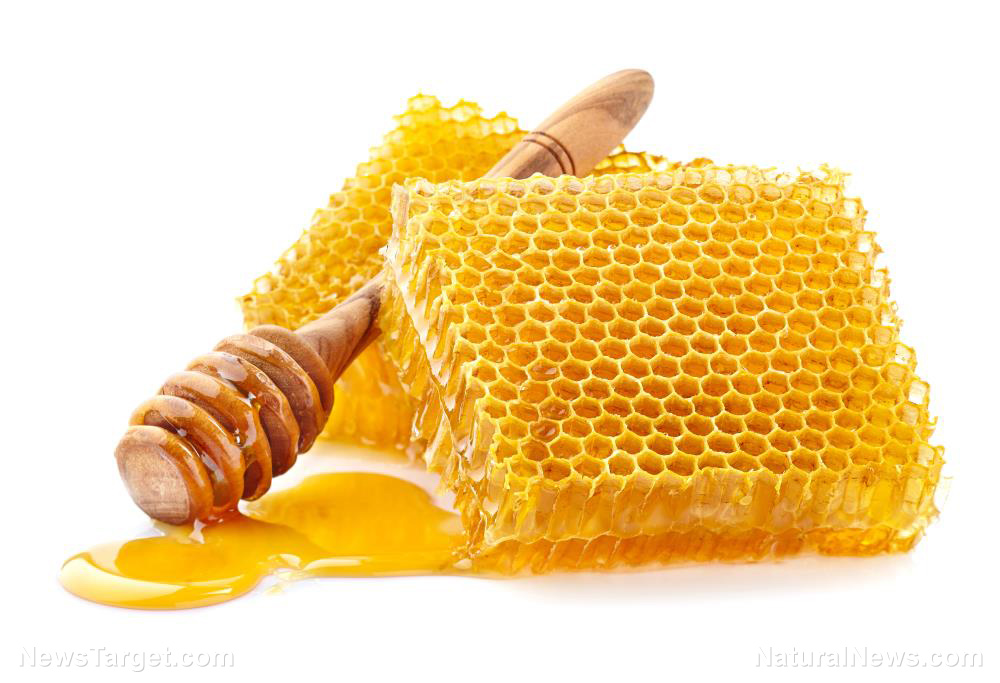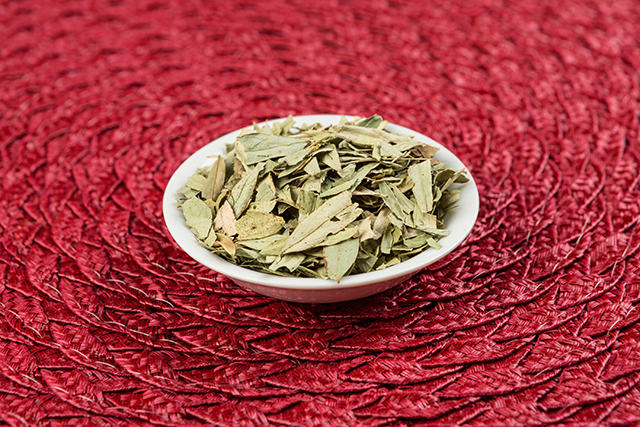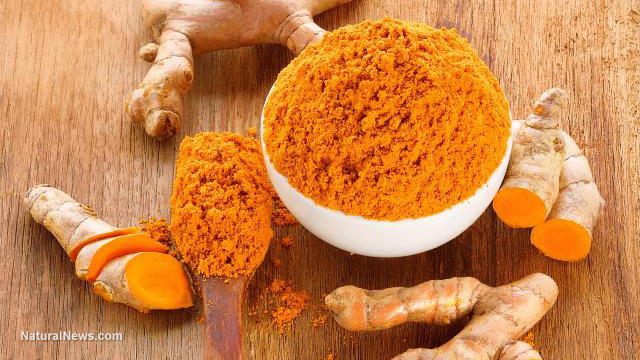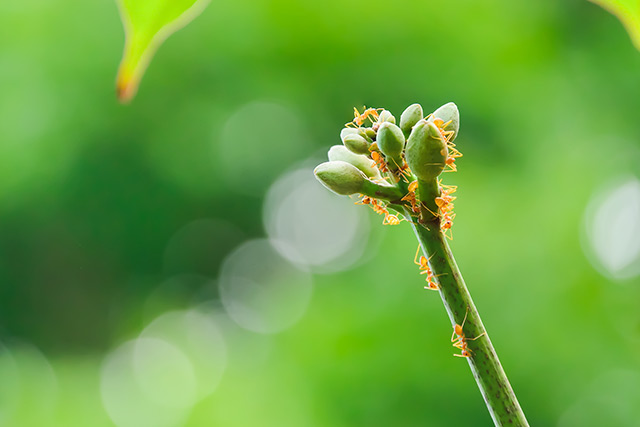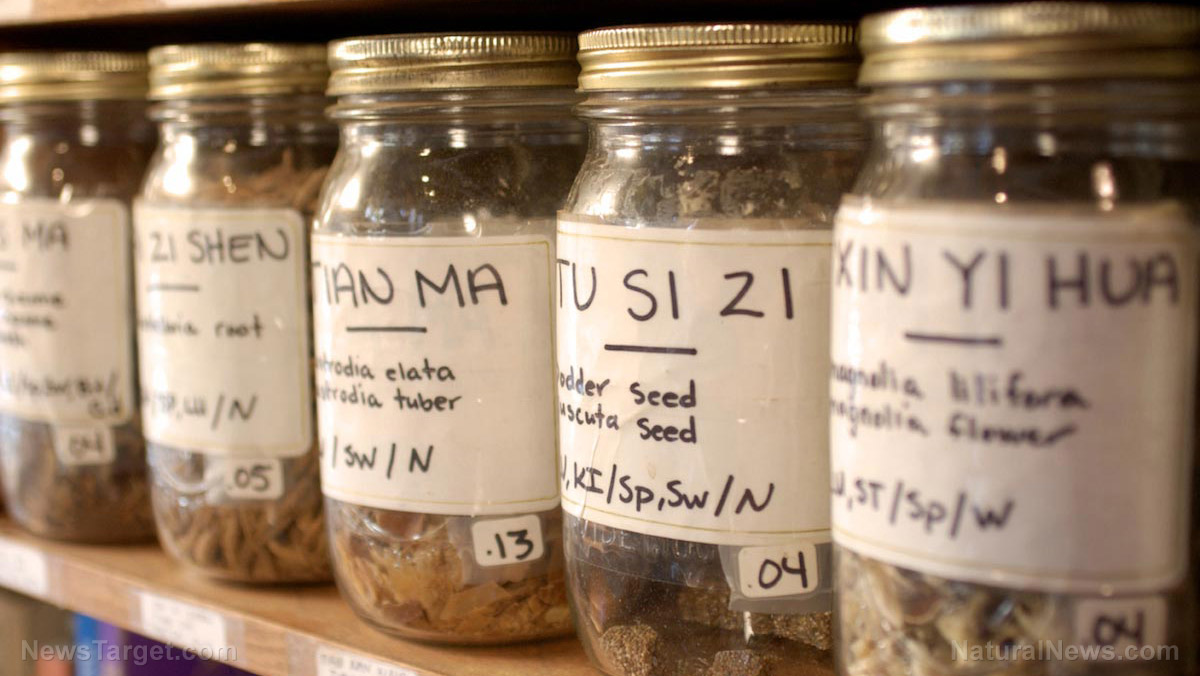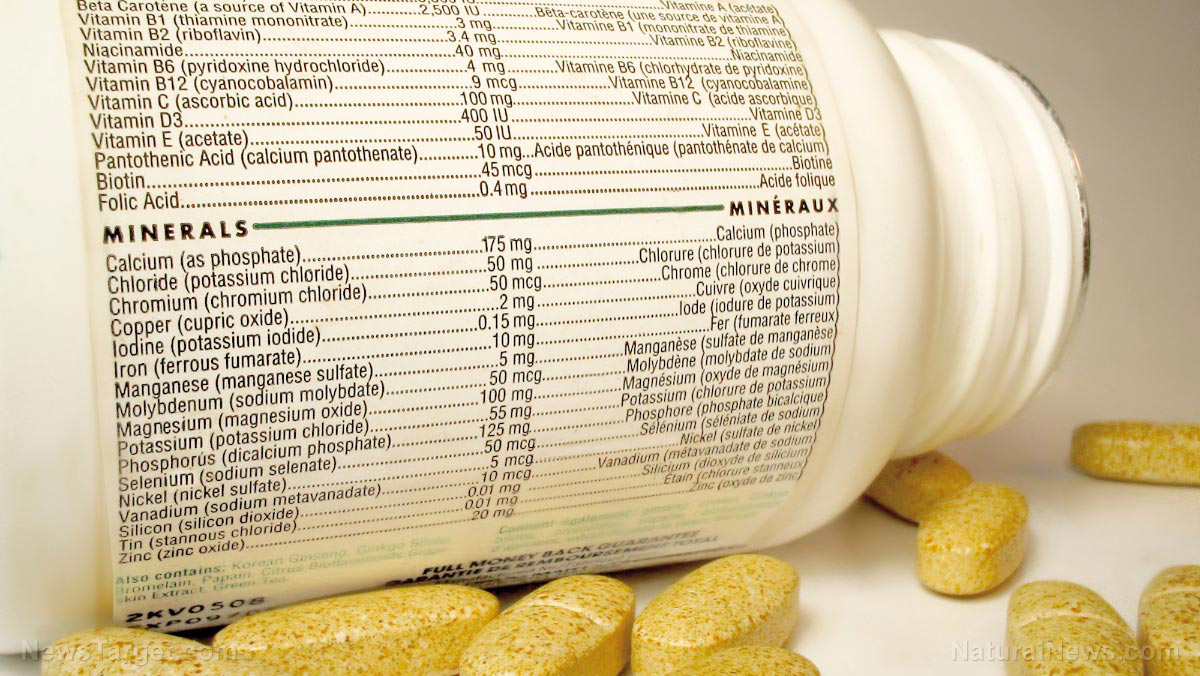One of the most powerful superfoods, honey protects you from cancer and keeps your immune system strong
07/25/2018 / By Ralph Flores

Honey has been used in medicine for well over 5,000 years. Now, researchers from United Arab Emirates University have found that honey from certain regions – particularly those that have arid climates – can be used to treat major chronic diseases, including cancer. The results of their study, published in BMC Complementary and Alternative Medicine, investigated the antioxidant and anti-inflammatory properties of arid region honey and compared it with popular varieties from non-arid regions using in vitro testing.
“Most of the antioxidant benefits of honey are associated with the presence of polyphenols,” researchers noted in their study. “The content of these polyphenols is different depending on the source and floral origin of honey. The climate where honey is made also significantly influences the polyphenol content and profile.”
For this study, researchers compared six varieties of honey: Four of these were grown in the Middle East, which is known to have dry, desert-like conditions, and two were from non-arid regions like Germany and New Zealand. To note, the following varieties were selected.
- Those that are predominantly from wild jujube (Ziziphus spina-csisti) grown in the United Arab Emirates (UAE)
- Monofloral (from one nectar) and heterofloral (from different nectars) varieties of the umbrella thorn tree (Acacia tortilis) from the UAE and Yemen
- Monofloral manuka (Leptospermum scoparium) honey from New Zealand, and heterofloral manuka from Germany
All honey varieties underwent multiple tests in the study. In particular, researchers measured each variety’s ability to protect specific red blood cells, called erythrocytes, from destruction after being exposed to peroxide, as determined by MDA (malondialdehyde) levels after the test. Its immunomodulatory effect was also tested using a prostate cancer cell line, including PBMC (peripheral blood mononuclear cells). The team looked at IL-6 (interleukin 6) and NO (nitric oxide) levels in the cells after they had been incubated with honey overnight.
The results showed that honey grown in arid regions had protected the erythrocyte membrane after exposure to oxidation. “Arid region honey showed a greater antioxidant effect than non-arid honey as shown by the prevention of oxidative damages to erythrocytes,” the researchers wrote. This was confirmed by a reduced level of MDA in arid region honey samples.
In addition, the polyphenols found in arid region honey successfully lowered the expression of pro-inflammatory IL-6 markers in PBMC samples. This demonstrates the immunomodulatory effect of arid region honey in specific cancer cells.
“All of this is in favor of a promising use of arid region honey as a therapeutic product for major chronic diseases, especially cancer,” the team concluded. In particular, the group stressed that the erythrocyte membrane protective function of honey could significantly reduce inflammation, a significant risk factor for multiple chronic diseases. (Related: HONEY: Is this ancient medicinal food the key to fighting deadly drug-resistant infections?)
The sweet benefits of honey
The benefits of honey don’t just stop with it being a potent antioxidant. Here are other benefits of adding honey to your diet.
- It can help lower blood pressure. The antioxidants present in honey have been lined to modest reductions in blood pressure in animal and human studies.
- It improves “good” cholesterol levels. Honey significantly raises high-density lipoprotein (or “good” cholesterol) levels in the body, while keeping bad cholesterol levels at bay. This reduces the risk of cardiovascular disease and stroke.
- It can lower triglycerides. Increased triglyceride levels are linked to heart disease and Type 2 diabetes. Honey can reduce the risk, especially if used to replace table sugar.
- It promotes wound healing. If used topically, honey can help treat burns, wounds, and other skin conditions.
Learn more about the benefits of honey at Food.news.
Sources include:
Tagged Under: arid region honey, chronic diseases, folk medicine, herbal medicine, Herbs, honey, Natural, natural cures, natural health, natural medicine, natural remedies, remedies, research



